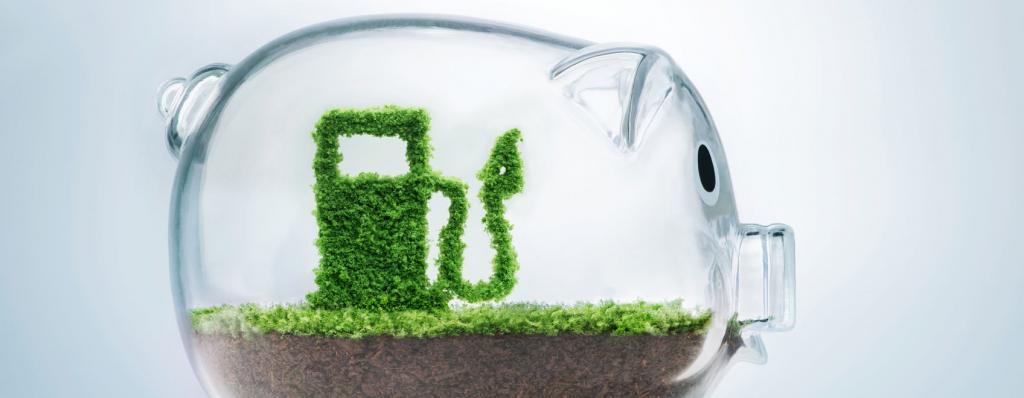It’s no secret that how you drive and maintain your car can affect how much fuel you use on the road. But did you know that a combination of poor car maintenance, bad driving and unfavourable conditions can easily double the amount of fuel your car is burning through?
While you’re not always going to encounter the perfect storm of conditions, driving style and maintenance issues that will make you feel like you have a hole in your fuel tank, even a few bad habits can easily push your monthly fuel bill up by 30% or more.
Here are some tips on how to drive smartly and save fuel.
Get fairer car insurance. Based on how you drive
Avoid excessive acceleration
This doesn’t mean you need to accelerate slowly from a stop. It instead means ensuring that your engine doesn’t hit high revs as you accelerate and run through your gears. On a manual car this requires good driving, on an automatic the transmission will usually tick through the gears while managing the revs. So you can accelerate briskly, and this can even be preferable to slower acceleration when done properly. However, flooring your accelerator is usually going to push your engine into higher rev ranges on both manuals and automatics and burn through more fuel.
Avoid hard braking
There are a few things going on here. For a start you want to avoid unnecessarily bringing your car to a complete stop because of the fuel required to get it back into motion. So when approaching traffic lights it is often better to approach red lights slowly and brake gradually to increase the chances your car won’t have to stop entirely. Hard braking is also a consequence of speeding or uncalled for acceleration which can then require sudden, reactive braking. Therefore avoiding hard braking will automatically develop a smoother driving style that burns through less fuel.
Drive in the highest appropriate gear
As is the case with acceleration, you want to keep your car out of high rev ranges that are heavy on fuel. Most newer generation cars with manual transmissions have dashboard indicators that prompt you to shift up a gear when the revs starting clocking up. If you don’t have a dashboard prompt then drive in the highest gear that still provides a smooth engine response. Using a low gear to maintain a cruising speed can easily consume 25% more fuel than the correct gear, while high speed driving at low gears can consume almost 50% more fuel than driving at a high gear.
Use the right fuel and oil
Your car’s engine was designed to run on a particular grade of oil and a specific octane fuel. Your car’s manual will tell you which type of motor oil you require, while the correct octane fuel will also be in the manual, as well as printed on or near your fuel tank cap. Using the correct oil can improve your car’s fuel economy by up to 2%.
Meanwhile fuel price tends to increase with the octane number, which means that using an unnecessarily high octane petrol will translate directly in higher prices paid per litre of fuel pumped into your car.
Plan your routes
This pretty basic advice has two components. The first is that consulting a navigation app on your phone before driving to your destination can help you identify and avoid gridlock. Many apps can even be programmed to take you on routes that avoid traffic. The means less time spent on the road, as well as less time spent burning fuel while stationary. And that in turn means you’ll use less fuel on every trip. Planning your route, particularly when travelling out of urban areas, can also help you to avoid gravel roads and other rough surface that can use up to 30% more fuel per kilometre.
Use a telematics app to score your driving
A high fuel bill doesn’t need to be the only way you get feedback on where you can improve your driving. Telematics apps like UbiCar can collect detailed information on your driving style and score every trip for key considerations like speeding, cornering, braking and acceleration. This can help you identify specific areas where your driving could use improvement, and then track and score improvements in these areas. All of which will help you save on your fuel bills.
To top it off UbiCar also rewards safe drivers with fairer priced car insurance and more.


